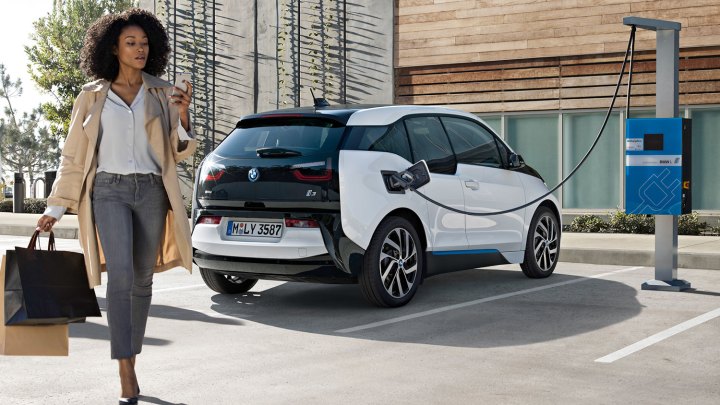
The Sierra Club survey was restricted to the ten U.S. states with existing zero-emissions mandates — the California Air Resources Board (CARB) Zero Emission Vehicle (ZEV) program has been adopted by nine other states. The ZEV program is up for review because some California legislators want to speed the conversion to zero emissions cars.
Under the current, 2012 version, the mandate requires that 15 percent of new vehicle sales are ZEVs by 2025. The states that have adopted the ZEV mandate are California, Connecticut, Maine, Maryland, Massachusetts, New Jersey, New York, Oregon, Rhode Island, and Vermont.
This spring 174 Sierra Club volunteers made visits to 308 different dealerships representing 13 brands that sell zero-emission vehicles in the ten states that adopted the ZEV mandate. After each visit, the volunteer reported the experience via an online survey. The Sierra Club doesn’t claim the survey is statistically significant, but only that it shows trends in current consumer zero emissions car shopping experiences.
Mary Lunetta, the Sierra Club’s Electric Vehicles Initiative Campaign representative and co-author of the report, summarized the study. “Ranging from not carrying electric vehicles on the lot, to insufficiently charging them for test drives, to not featuring them prominently, to not informing customers of charging capabilities or tax incentives, it’s clear auto dealerships and automakers need to be doing much better to promote and sell electric vehicles,” said Lunetta.
Not all dealerships had EVs on the lot. Among those dealers with one or more electric vehicles on the premises, 14 percent of the time the mystery shoppers were told the car wasn’t sufficiently charged for a test drive, including 22 percent of the Chevy dealerships and 21 percent of the Ford dealers.
When talking with salespeople about the EVs, again at dealers where there was at least one vehicle on the lot, only 50 percent of the salespeople told them how to refuel the EV when traveling. Only about 33 percent of sales staff mentioned federal and state tax credits and rebates.
The Sierra Club’s overall conclusion from the survey is that many automakers and dealerships aren’t trying hard enough to sell EVs. Gina Coplon-Newfield, the Sierra Club’s Electric Vehicles Initiative director and co-author of the report said, “While some of our Rev Up EVs survey participants found dealerships are employing impressive best practices to sell a lot of EVs, many encountered roadblock after roadblock in their search for EV inventory, test drives, and knowledgeable salespeople.”
Among the 13 brands whose dealers were surveyed, Tesla, BMW, and Chevy had the most positive experience ratings, in that order. Porsche, Hyundai, and Volvo had the least positive experience reports.
If you are interested in the full results, you can find the Rev Up EVs survey report here.



